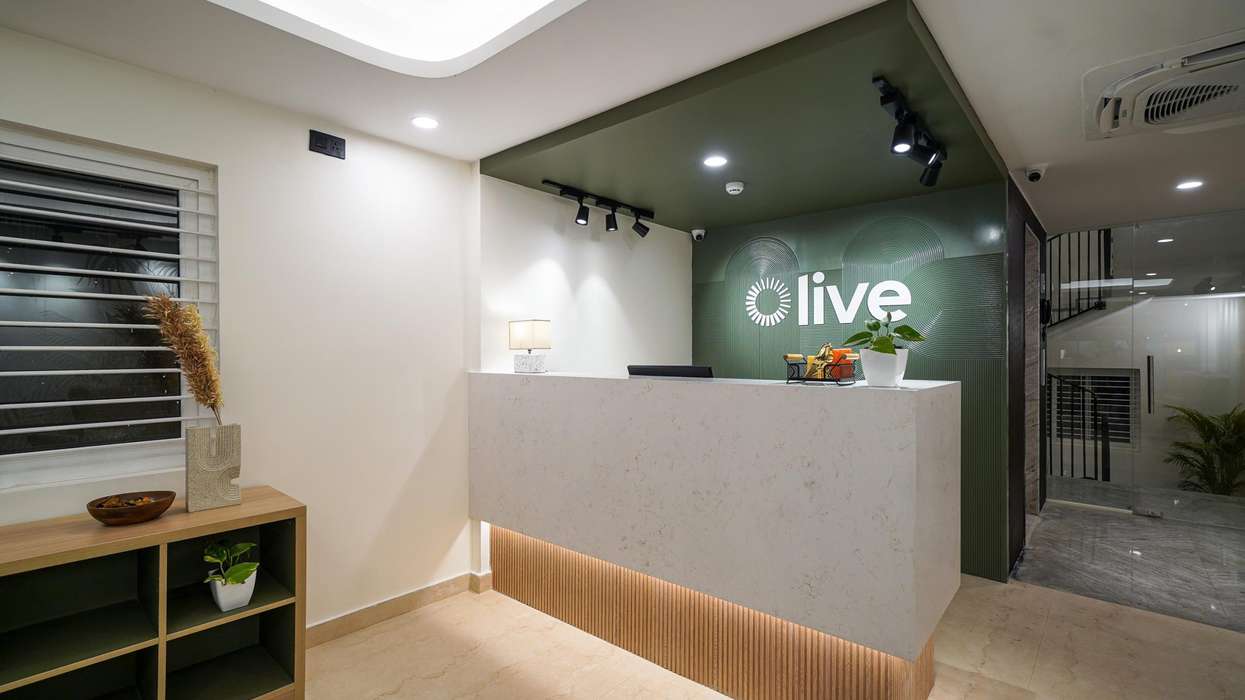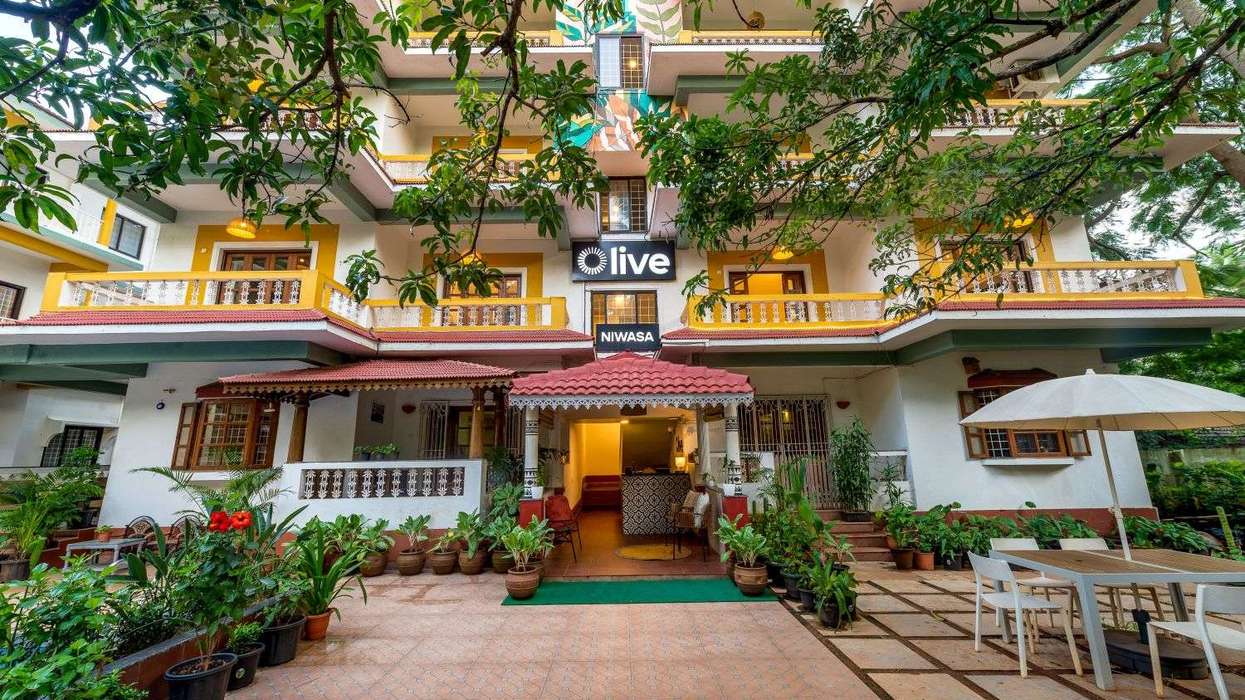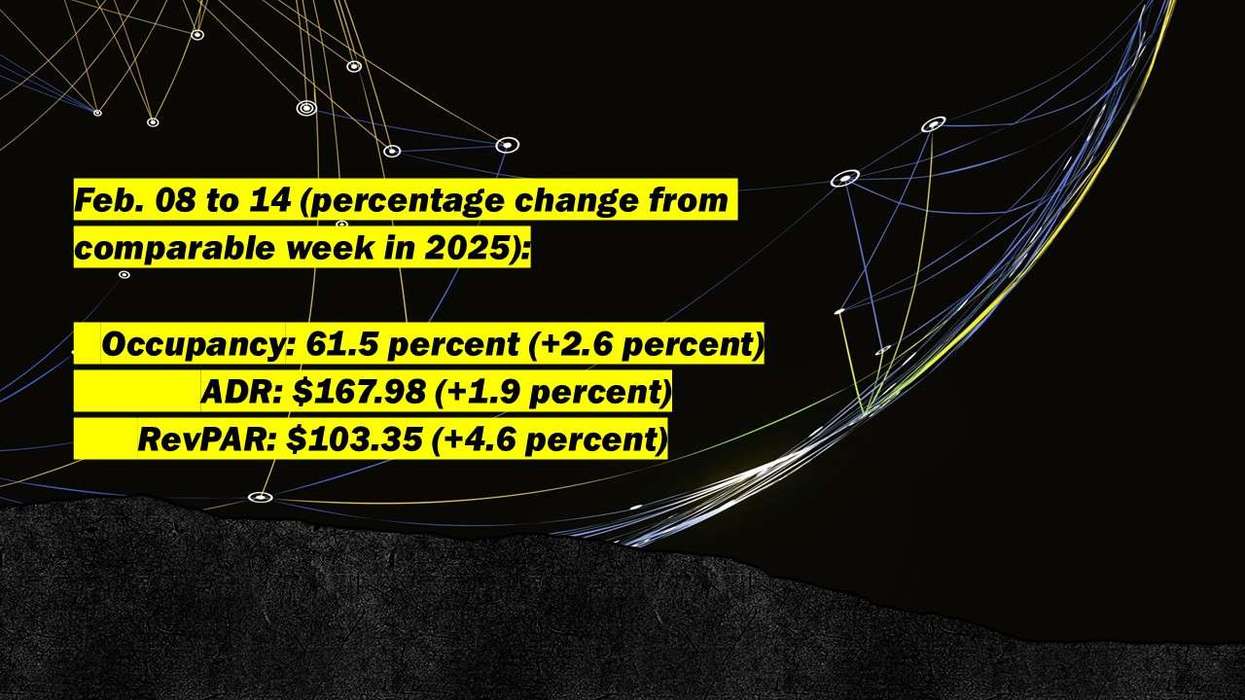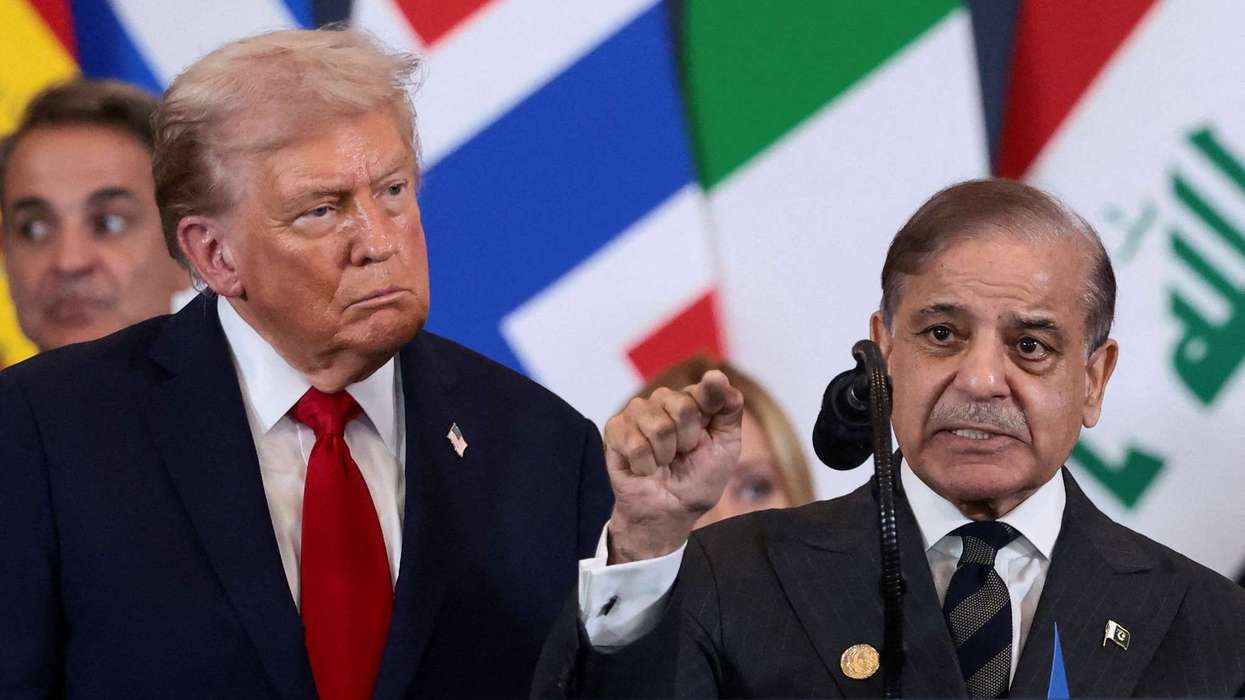Summary:
- Olive by Embassy launched Open Hotels, a remote-operated, AI-native brand.
- Filed a U.S. patent application for its Remote Hotel Management System.
- Aims to operate 1,000 hotels in India by 2030 and expand globally.
INDIA’S EMBASSY GROUP hospitality arm, Olive, recently launched Open Hotels, a remote-operated, AI-native hotel brand. The sub-brand plans to integrate 130 hotels and generate $23.5 million or Rs 200 crore in revenue this financial year.
Bengaluru-based Embassy Group, founded in 1993, is led by Chairman Jitendra Mohandas Virwani and Managing Director Aditya Virwani. By 2030, it aims to operate 1,000 hotels in India and expand globally soon after, Business Standard reported.
“Hospitality is all about the human touch,” said Kahraman Yigit, chief executive officer and co-founder of Olive by Embassy, according to Business Standard. “Technology enhances that by taking over routine tasks, freeing us to focus more on our guests and the experiences we create for them. It’s not replacing hospitality; it’s elevating it. We also expect generative AI to play a role in this space.”
Open has replaced front desks with centrally managed live video reception, the report said. Onsite staff remain, but the staff-to-room ratio drops from 0.7 to 0.3, a 57 percent efficiency gain. Meanwhile, the company has filed a patent application with the United States Patent and Trademark Office for its Remote Hotel Management System.
The newly launched programme offers two types of models under its portfolio, the company said. First, the franchise model, where hotel owners manage their own staff while accessing Open’s full tech stack. Second, owners can opt for Open to run operations via its remote AI command centre. In both cases, deployment is designed to be plug-and-play and capex-free.
“We were the first to run hotel receptions over video conferencing,” Yigit said. “After adding voice AI and analytics, guest satisfaction and profit margins surged.”
Voice AI monitors all guest interactions at reception, the company claimed. If dissatisfaction is detected, remote teams are alerted to intervene in real time. Audio-video analytics and predictive housekeeping add situational awareness with fewer people.
“From India to the world—no planes, no visas, just real-time hospitality from Bangalore via fibre optics at 67 percent the speed of light,” said Yigit.
Embassy Group has delivered 19 projects across India with a developable area of 30 million square feet, holds 15 million square feet of unsold inventory across eight cities and 20 projects, and owns more than 3,200 acres of land near major metros—one of the largest land banks among listed Indian real estate developers, according to its website.
The company, which went public in 2019, has more than 70 million square feet of commercial, residential, industrial, warehousing, hospitality, services, retail and education space, according to media reports. Its operations span Bengaluru, Chennai, Hyderabad, Thiruvananthapuram, Mumbai, Pune, the NCR, Serbia and Malaysia.
According to Hotelivate’s 2024 Indian Hospitality report, India has 2.5 million hotel rooms—enough to support a one million-room brand. Open aims to fill that space while exporting Indian hospitality talent remotely.
OYO added 50 new DanCenter units, its European vacation rental brand, across India in the first quarter of the fiscal year 2026 and plans 200 more by year-end to strengthen its position in the domestic vacation rental market.






